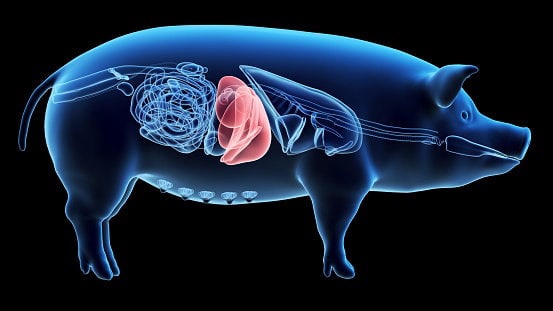Overview
- Chinese surgeons at Anhui Medical University implanted a ten‑gene–edited pig liver into a 71‑year‑old cancer patient as a supportive graft alongside his native liver.
- The xenograft produced bile and key proteins and maintained metabolic activity for 38 days before vascular injury consistent with thrombotic microangiopathy prompted removal.
- The patient initially improved after explantation, later suffered an upper gastrointestinal bleed on day 135, and died on day 171 according to the peer‑reviewed case report in the Journal of Hepatology.
- The regimen included intensive immunosuppression with eight drugs, and clinicians reported persistently elevated bilirubin levels that point to species‑specific metabolic limits.
- Independent commentators call the result a significant step for xenotransplantation and a potential bridge‑therapy path, while stressing unresolved immunologic, coagulation, biosafety, and ethical issues under conditions of severe organ shortages.



